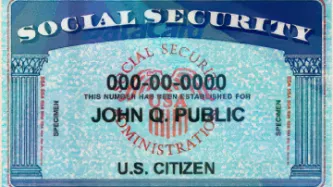Search
Content type: Report
It is common for families with no recourse to public funds who attempt to access support from local authorities to have their social media monitored as part of a 'Child in Need' assessment. This practice appears to be part of a proactive strategy on the part of local authorities to discredit vulnerable families in order to refuse support. In our experience, information on social media accounts is often wildly misinterpreted by local authorities who make serious and unfounded allegations…
Content type: Case Study
From 2019 to 2020, citizens of economically disadvantaged neighborhoods in the Netherlands were subject to unlawful invasion of their privacy by the Dutch government’s automated welfare fraud detection system. The system is known as System Risk Indicator (SyRI), and the Dutch government used it to generate risk scores for individual citizens by combining personal data including “identity, labor, personal estates and property, education, pension, business, income and assets, pension and debts.…
Content type: Advocacy
TEDIC, InternetLab, Derechos Digitales, Fundación Karisma, Dejusticia, Asociación por los Derechos Civiles and Privacy International welcome the call made by the Special Rapporteurship on Economic, Social, Cultural and Environmental Rights (ESCER) of the Inter-American Commission on Human Rights (IACHR) to inform the preparation of the Annual Report of the ESCER for the year 2019, which will be presented to the Organization of American States (OAS) during 2020.
This submission aims to outline…


